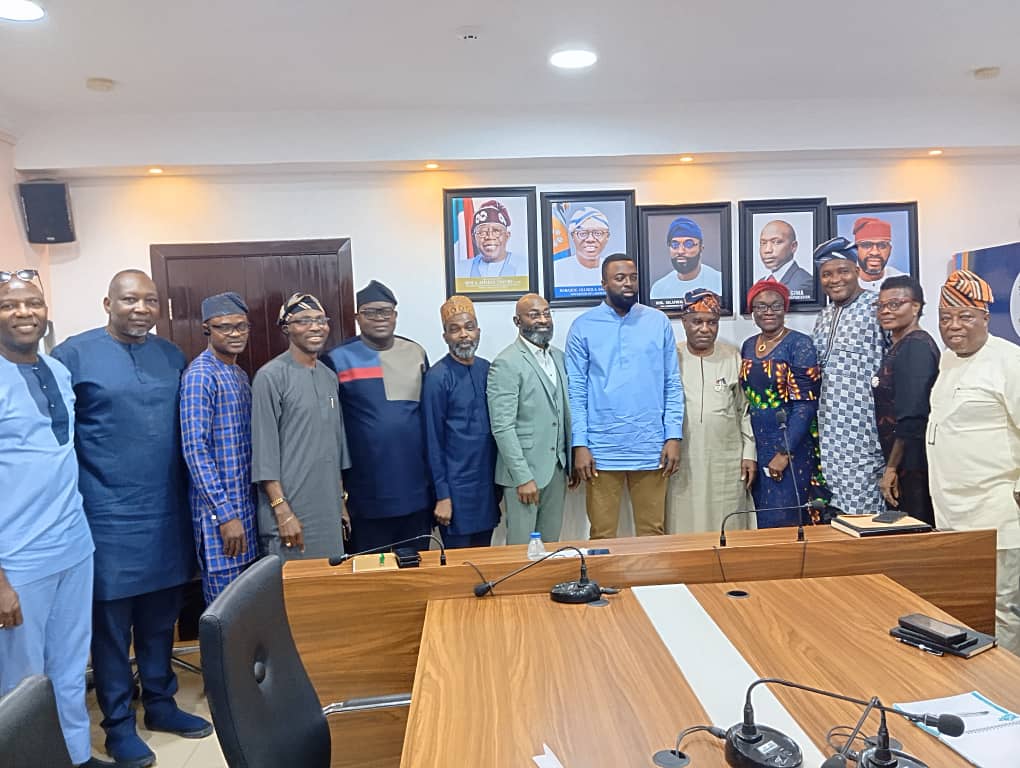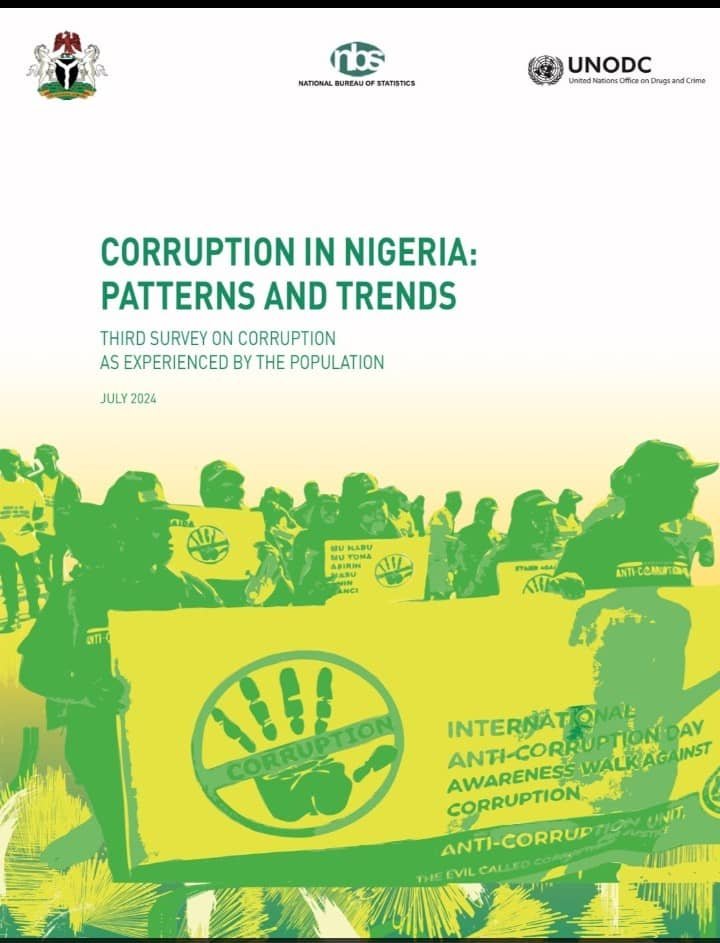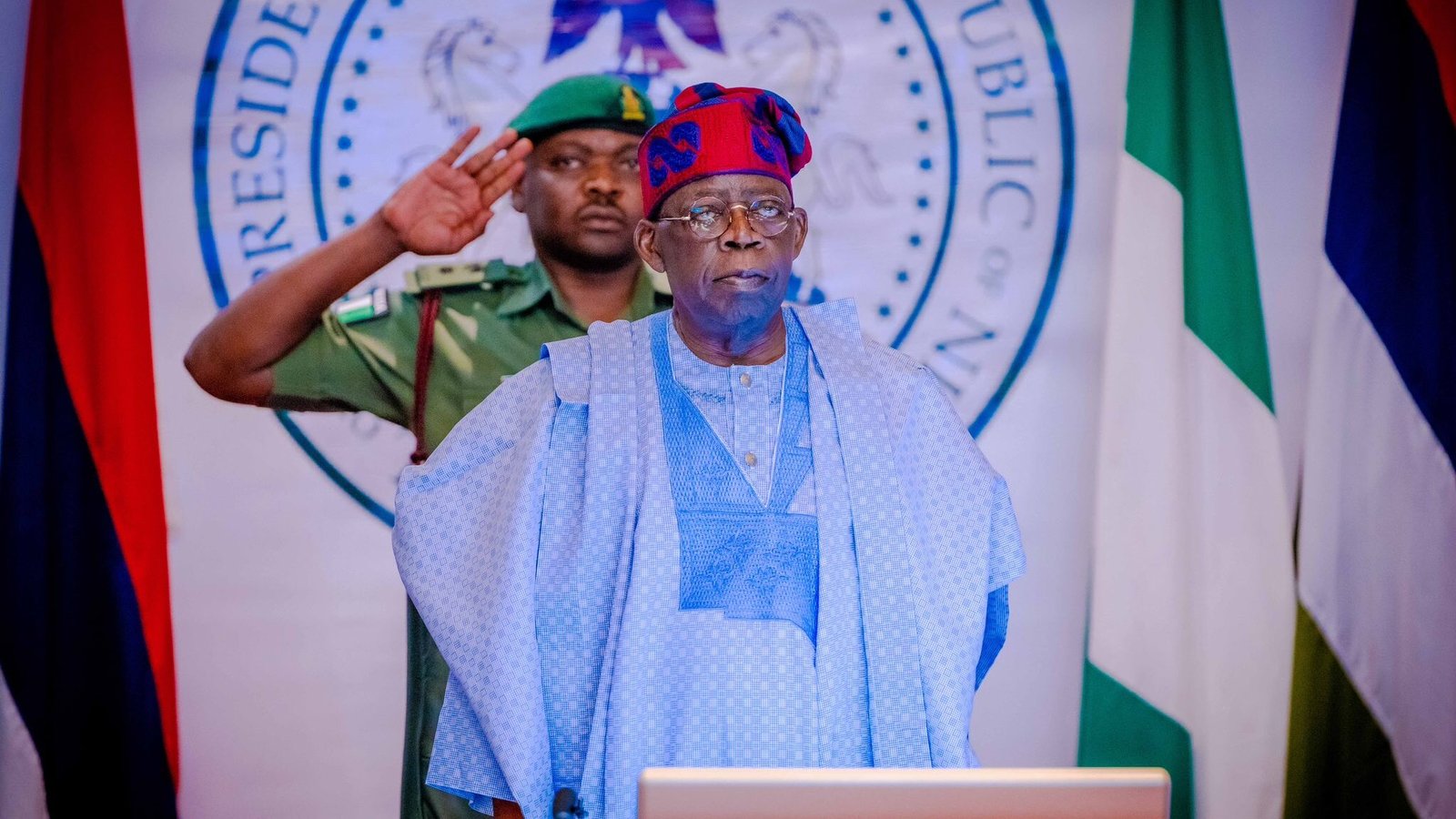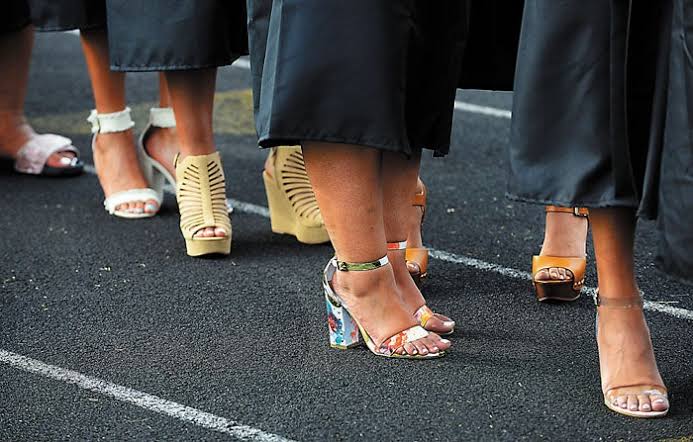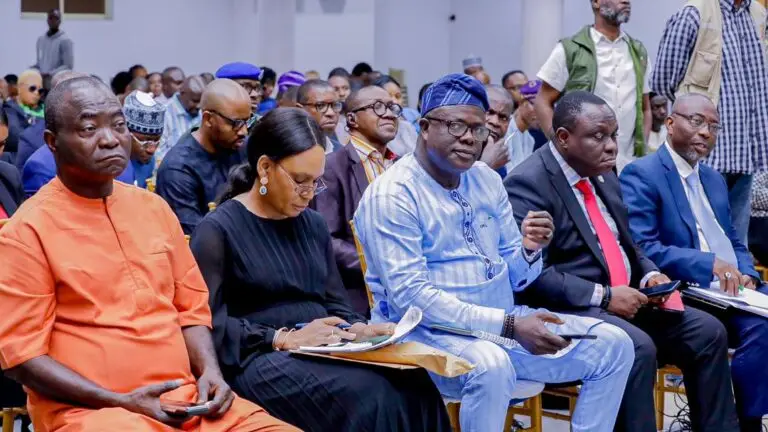Presidential CNG initiative, partners target 1m vehicles for conversion
By Emmanuella Anokam
The Presidential Compressed Natural Gas Initiative (P-CNGi) has signed a Memorandum of Understanding (MoU) with Conversion Workshop Owners, to fast track free conversion of one million vehicles in the country.
The Conversion Incentive Programme will tackle barriers by offering free CNG kits and conversion to targeted one million vehicles in the next three years.
The P-CNGi embarked on this elaborate programme regarded as the highest quantum of conversions so far in the world.
Speaking at the MoU signing on Thursday in Abuja, Mr Michael Oluwagbemi, Programme Director/CEO, P-CNGi, said it had identified 123 conversion workshops, aiming to have 2,000, and achieve one million conversions by 2027.
The News Agency of Nigeria (NAN) reports that the partners, including NIPCO Gas, Portland Gas Ltd., Fix It 45, ABG Oil and Nigeria Institute of Transport Technology (NITT), are participating in the conversion programme.
The Conversion Incentive Programme is designed to tackle the barriers in Nigeria’s commercial transport entities/operators, to convert vehicles from Premium Motor Spirit (PMS) to CNG engines.
The programme is a government response, borne out of the complaint by Nigerians over the high cost of conversion amounting to about N500,000.
“This partnership is basically to respond to that concern; firstly for commercial operators that are unionised through their unions can benefit 100 per cent discount, that is they will get the kits and installation done for free.
“The unionised commercial operators include the Road Transport Employers Association of Nigeria (RTEAN), Nigerian Association of Transport Owners (NATO) and National Union of Road Transport Workers (NURTW).
“And these will be done through the 123 certified workshops that we have identified while we will work with these five present in the FCT then activate more as we expand across the country.
“Through the partnership the second operators which include Bolt Nigeria and UBER among others will also benefit 50 per cent write-off on the equipment and free installation, while government pays the remaining 50 per cent.
“Arrangement is made too with these companies for them to pay at instalments without upfront.
“Vast Nigerians depend on these Rideshares aside from the public mode of transportation; now Nigerians will be able to benefit from the low cost of transportation occasioned by the implementation of this programme,’’ he said.
He said the P-CNGi had about 20,000 plus potential conversion kits to be distributed to state with CNG capacity under the palliative initiative in the next three months.
He added that the National Assembly had made additional funding, to facilitate procurement of necessary kits and cylinders to be made available in the fourth quarter of 2024.
“Work have started, installation of conversion kits has begun, mass transit vehicles operators that move 90 per cent of Nigerians will benefit and pass on their savings to consumers, based on the agreement,’’ he said.
The P-CNGi boss said it had a strong monitoring mechanism around conversion and enforcement of reduced pricing, adding that the Nigerian Gas Vehicle Monitoring System would ensure proper conversion and tracking.
He further said that within the framework of the agreement, some significant pass-on of the savings would be realised.
According to him, the President upon adoption of CNG for transportation promised that Nigerians can benefit from reduced cost of transportation by ensuring proper implementation.
In their seperate remarks, Mr Mohammed Bawa of ABG Oil and Gas, Zankyang Duniwa, Operations Manager, Bolt Nigeria and Mr Aliyu Isa, Acting President, NURTW, pledged to ensure that Nigerians derived the CNG initiative benefits through 50 per cent transportation fare slash. (NAN) (www.nannews.ng)
Edited by Rabiu Sani-Ali






